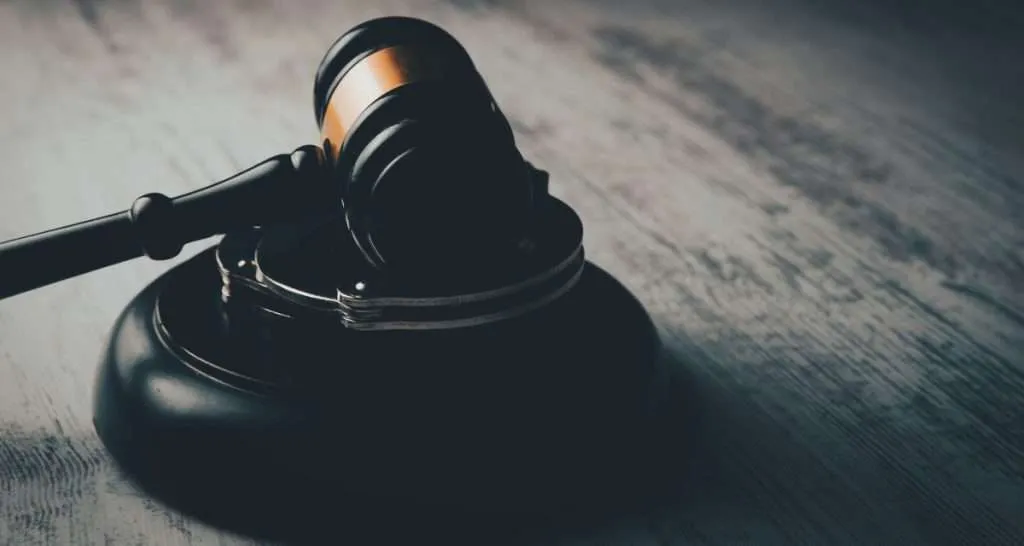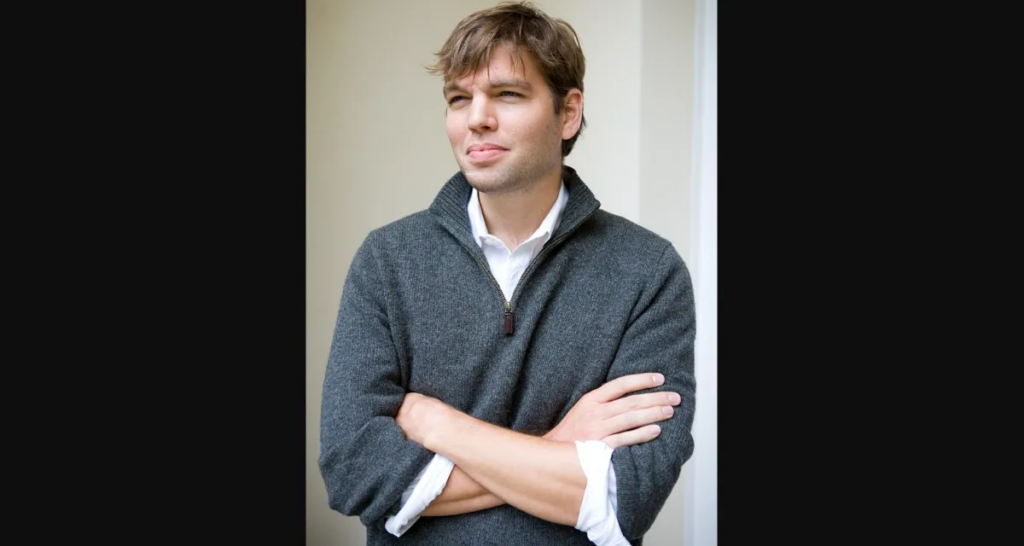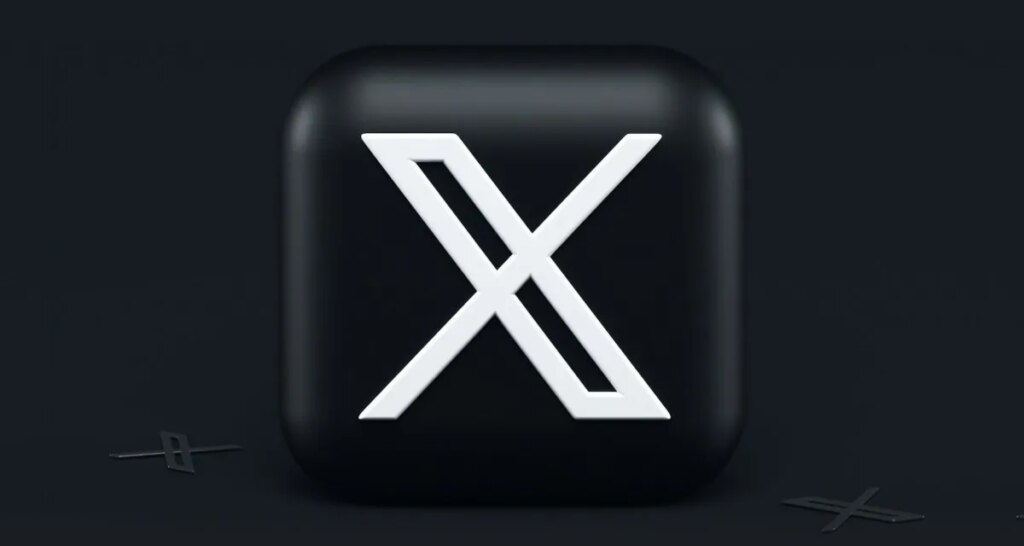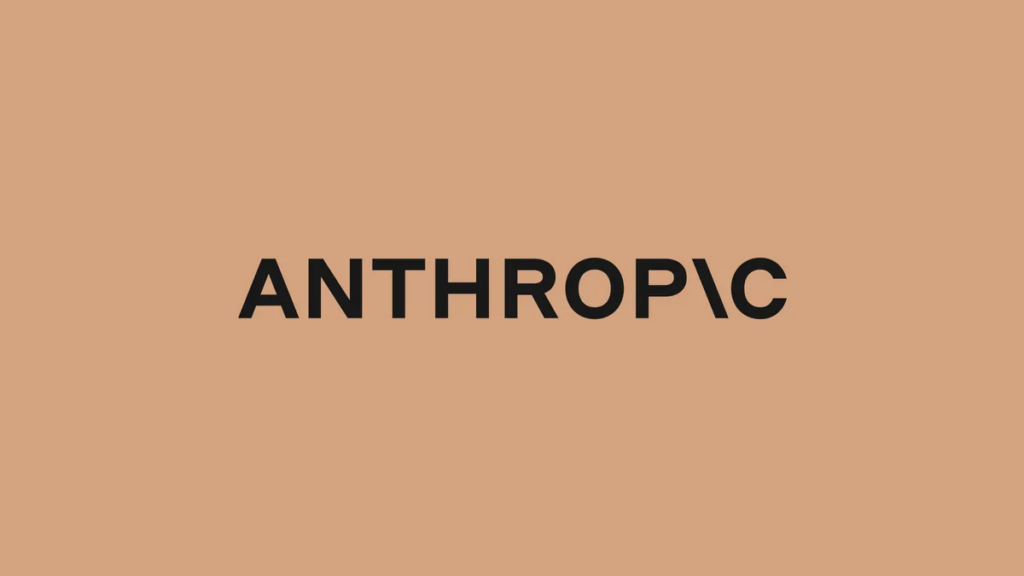Federal Judge Rejects Anthropic Bid to Pause Authors’ Infringement Class Action — Trial Still Set for December


Photo Credit: Sasun Bughdaryan
A federal judge has rejected Anthropic’s motion to stay a high-stakes copyright infringement case ahead of a scheduled December trial.
Judge William Alsup just recently denied the AI giant’s sought pause, after late June delivered what was in many respects a major win for Anthropic. Facing infringement claims here from a class of authors, the Claude creator was protected by the fair use doctrine when it allegedly utilized copyrighted books without authorization to train its LLMs, the court found in more words.
Also lawful was an alleged process through which Anthropic bought many physical books and scanned them into a “central library” for purported training purposes, Judge Alsup determined.
Nevertheless, the judge rejected the idea that Anthropic, in allegedly downloading millions of pirated books for said library, was entitled to a fair use win at the summary judgement stage. With the finding in place, the court indicated as well that the case would “have a trial on the pirated copies used” by Anthropic.
While it probably doesn’t need saying at this point, artists and music rightsholders didn’t authorize leading AI developers to train on their works; the Bartz v. Anthropic courtroom confrontation could prove significant for multiple sectors.
Additionally, it won’t come as a surprise that Anthropic is far from thrilled about the possibility of coughing up billions in infringement damages.
“The Court should issue a stay pending potential appellate guidance on the weighty issues presented,” Anthropic vented towards July’s end, “particularly given the potentially profound and unfair harm to Anthropic from further litigation and a trial under the present framework.
“Moreover, the groundbreaking legal issues presented by this case and the many others like it should be resolved in a fair and orderly fashion by the Court of Appeals before a class trial here, which carries the specter of unprecedented and potentially business-threatening statutory damages against the smallest one of the many companies developing LLMs with the same books data,” Anthropic proceeded.
As initially mentioned, these and other representations failed to convince Judge Alsup, who expressed the belief that the central fair-use issues “should be adjudicated only after a trial so that, on appeal, our court of appeals will have the benefit of a full record and findings, rather than just the self-serving and sanitized declarations served up by Anthropic.”
Questions remain, the judge proceeded, about which allegedly pirated books Anthropic used for training, which were not used (a point with major fair use implications), and why all were allegedly retained by the company in any event.
“To this day,” the court continued, “Anthropic has been unable or unwilling to say which of the pirated works were actually used to train LLMs. It is entirely possible, to repeat, that only a small subset of the pirated works was ever so used.”
What about the possibility that the jury will slap Anthropic with a huge damages bill?
“Anthropic’s doomsday calculation is premised on every eventuality coming out completely against its druthers,” Judge Alsup wrote. “The crux is its assumption that Anthropic will lose and lose badly at every trench, and that this will lead it to have to post a bond for appeal so large as to kill the entire company.
“This piles assumption upon assumption. For all we know at this stage, Anthropic will persuade the jury to find facts vindicating it completely. But if Anthropic loses big it will be because what it did wrong was also big,” he concluded.
How, then, will the legal battle unfold moving forward? Regarding district court proceedings, a proposed class list is still due by noon on September 1st, Judge Alsup underscored. Meanwhile, Anthropic previously emphasized that if the judge denied the stay, it would “seek one from the Ninth Circuit in conjunction with its Rule 23(f) petition” challenging the class certification itself.
Per the defendant, however, it could be a while before that already-in-motion push yields results; the Ninth Circuit usually “takes about three months to rule on a Rule 23(f) petition, although in some cases takes over 120 days to do so,” Anthropic relayed, reiterating for good measure the quick-approaching December 1st trial kickoff.
Link to the source article – https://www.digitalmusicnews.com/2025/08/12/anthropic-lawsuit-stay-motion-denied/
-
Baroque Recorder 8 holes,Soprano C Key Recorder Made of Maple Wood with storage Case,Fingering Chart and Cleaning Rod for Kids and Adults Beginners$22,99 Buy product
-
Oscar Schmidt OB100B-A-U 4-String Acoustic-Electric Bass with Gig Bag – Black$323,40 Buy product
-
B&C 12PLB76 Studio Subwoofer$200,00 Buy product
-
Peavey MILESTONEIVORY Milestone Bass Guitar, Ivory$279,99 Buy product
-
Electronic Drum Set, Portable Roll-Up Drum Practice Pad, 9 Pad Digital Drum Kit, Built-in Dual Stereo Speakers, Bluetooth Wireless Electric Drums for Kids Adults Beginner Holiday Birthday Gift$69,99 Buy product
-
KRK Rokit 8 G4 White Studio Monitor Speaker Bundle – Pair$499,98 Buy product












Responses